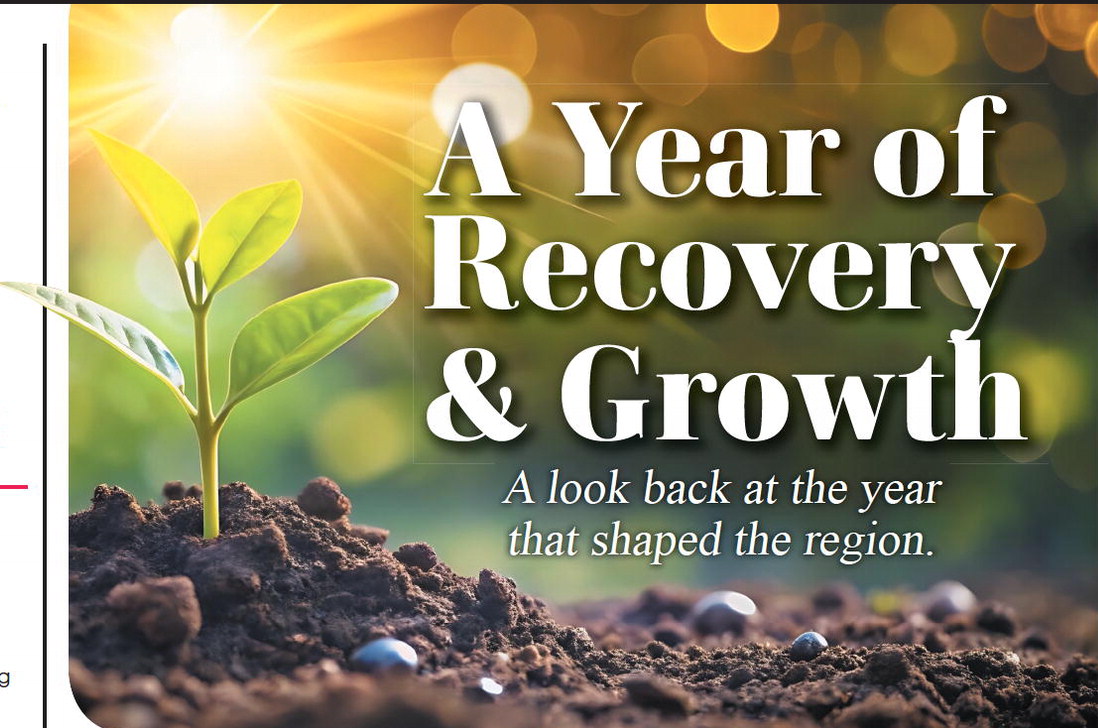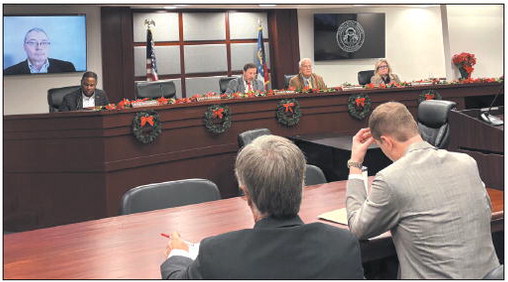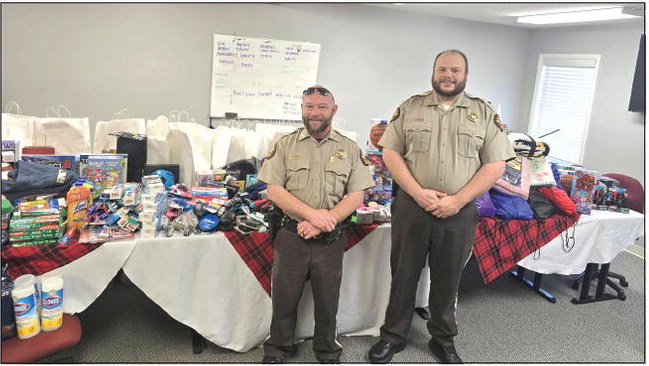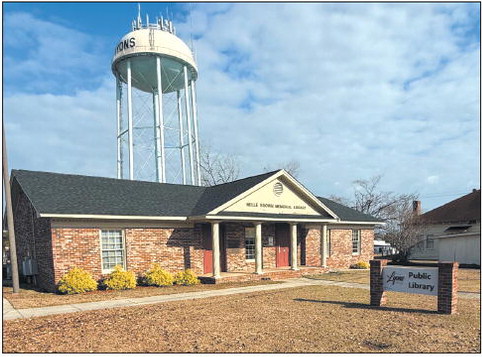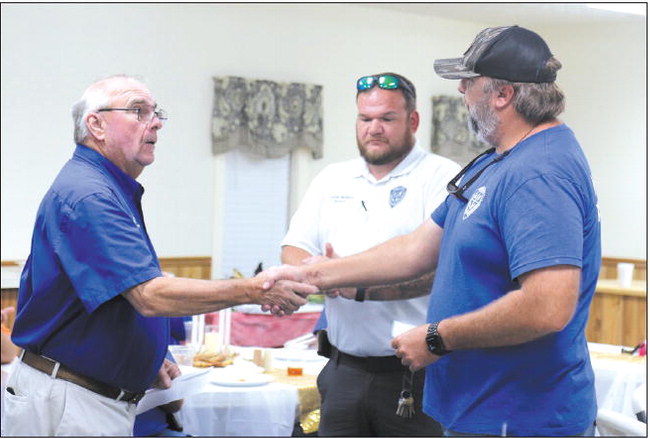Adult Education and Family Literacy Week Celebrated September 19-23
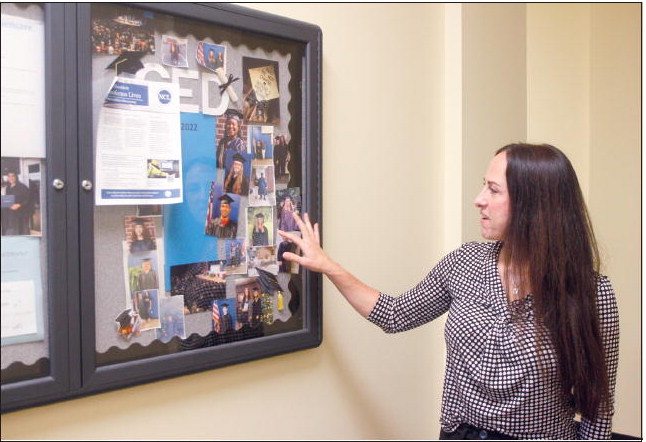

mrandolphadvance@gmail.com
September 19-23 is nationally recognized as the Adult Education & Family Literacy (AEFL) week, to raise public awareness about the need for and value of adult education and literacy. In recognition of this, the Southeastern Technical College (STC) is sharing information about its adult education and family literacy courses. STC’s AEFL Program
According to STC Adult Education Instructor Senecca Underwood, the college’s AEFL program provides a variety of literacy options for everyone, age 16 or older. Among these programs are General Education Degree (GED) classes, computer literacy courses, and English as a Second Language (ESL) classes. “The great thing about our facility is that you can pretty much sign up at any time,” she explained. “It is not like college, where if you miss the signup at the beginning of the semester, you miss out. We register people to begin classes all throughout the year.” Underwood said that classes are free to the public. All that is necessary for registration is a Georgia driver’s license or identification card. Depending on the class the individual desires, the courses will then begin at unique paces. “GED students have plans and timelines for their courses specific to each student — they have their own unique pathways within the program,” Underwood shared. “Meanwhile, the students for the computer literacy programs receive certificates for each module they complete. Those certificates can be shown to potential employers to help them show their qualifications and skills.” The ESL classes are also beneficial for employment purposes, according to Underwood. “We had an individual come in and take the ESL class for a few weeks in order to try to get a job. Soon, she was offered the position and is now working; she just needed that hand up,” she explained. Underwood explained this quick turnaround for classes and achievement is not unique to ESL classes, as the GED program has also seen these results. “Sometimes, GEDs can be achieved within weeks. I try to have students focus on their future of what is beyond receiving this degree, and it motivates them to complete the task. It also reminds them that this endeavor will not last forever.”
The test may be taken in several portions broken up by subjects, which allows students to complete subjects that come easiest to them first as they continue to work on the difficult subjects to test on last. Once students pass one subject test, they no longer have to test on that subject, and may move on to what they need to complete to receive their degree. Completion of the GED program is celebrated through a formal graduation in the Spring or Winter, but Underwood also likes to provide an immediate celebration for students upon their passing the test. “When they come out and tell me that they’ve done it, I tell them we have to celebrate right now,” Underwood emphasized. “I have them put on a cap and gown and go pose by a tree outside so that the realization can sink in that they have accomplished something amazing.”
For more information on the many locations of the STC AEFL program, or on the program itself, contact Senecca Underwood at 912) 538-3167, or visit her in her office at the STC Adult Education Center, located on 100-A Brinson Road in Vidalia. About the Celebration Week National AEFL week began in 2009 because of the combined efforts of the National Coalition for Literacy (NFL) and thencongressman Jared Polis (D-CO), then-Senator Lamar Alexander (R-TN), and Senator Patty Murray (D-WA), who all wanted to bring attention to the importance of these classes. The NCL has continued to work to promote awareness of the resource and recognizes the week annually in September.
Recently, Governor Brian Kemp also emphasized the importance of AEFL, as he declared September 4-10 to also be a week of celebration of these resources within Georgia through an official proclamation delivered on August 16. The Governor’s Proclamation explained, “By promoting adult education and family literacy, the state of Georgia seeks to ensure that parents or guardians are prepared to help their children learn essential skills, such as how to read medicine bottles, navigate public transportation, practice comparative shopping, make correct change, and complete homework for school. Increasing public awareness of literacy rates can alleviate illiteracy, while also supporting and strengthening workplace, school, and volunteer literacy programs on local, state, and national levels.”
Kemp said this focus on AEFL is necessary, as approximately 43 million Americans are unable to read or write above a thirdgrade level, and around 1 million Georgians over the age of 18 have not completed high school or received a high school equivalency credential.



